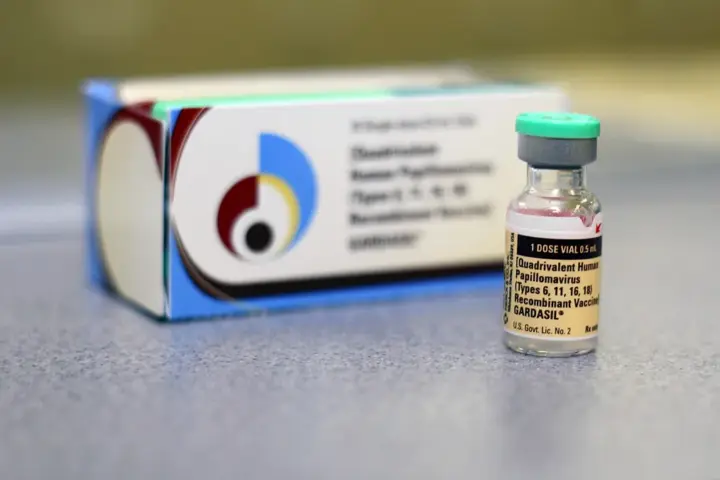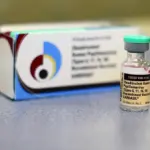New research presented at the European Society of Cardiology (ESC) Congress 2025 in Madrid suggests the shingles vaccine may do more than prevent painful rashes – it might also lower your risk of heart attacks and strokes.
The first global systematic review and meta-analysis on this topic found that people who received the herpes zoster vaccine had an 18% lower risk of cardiovascular events in adults aged 18 and above. For those 50 and older, the risk reduction was 16%.
“We looked at the currently available evidence, and found that vaccination against herpes zoster was associated with a lower risk of cardiovascular events, such as heart attacks or strokes,” said Dr. Charles Williams, the study’s author and global associate medical director at GSK.
In real-world terms, this translated to 1.2 to 2.2 fewer major cardiovascular events per 1,000 person-years among vaccinated adults in studies that reported absolute outcomes.
The findings align with previous research showing shingles itself can increase cardiovascular risks. People who develop shingles have shown up to a 30% higher risk of experiencing cardiovascular problems in the years following an outbreak. The virus can cause inflammation and affect blood vessels, potentially elevating stroke risk.
When researchers looked specifically at vaccine types, they found the recombinant zoster vaccine (Shingrix) showed a 21% lower risk of combined cardiovascular events. The older live attenuated vaccine (Zostavax) has been discontinued due to waning protection over time.
However, experts caution that these promising results come with important limitations. The meta-analysis primarily included observational studies, which cannot prove that the vaccine directly causes the reduced cardiovascular risk.
“While our findings are encouraging, there are some limitations to the available data,” Dr. Williams explained. “Almost all the evidence came from observational studies, which are prone to bias and shouldn’t be used to infer causality.”
Professor Bryan Williams, chief scientific and medical officer at the British Heart Foundation, who wasn’t involved with the research, welcomed the findings but emphasized the need for further investigation.
“We know that shingles can cause inflammation in the body, and that inflammation is a culprit in many heart and circulatory conditions which can lead to heart attacks and strokes,” Williams said. “By preventing shingles, vaccination could therefore be protective. But far more research is needed, especially to understand the intriguing results in younger people.”
Similar Posts
The findings come as vaccination is increasingly viewed as a tool not just for preventing specific infections but also for cardiovascular disease prevention. The American College of Cardiology has recently issued guidance positioning shingles vaccination within routine preventive care discussions for adults with cardiovascular disease, alongside other vaccines.
Currently, most countries recommend the shingles vaccine primarily for older adults. In the U.S., the CDC recommends it for adults 50 and older, as well as adults 19 and older who are immunocompromised. In England, the NHS is expanding eligibility from September 1 to include an additional 300,000 immunocompromised adults aged 18-49.
Shingles affects millions worldwide, causing painful rashes that can lead to serious problems including long-lasting pain, deafness, and vision loss. It is caused by the reactivation of the varicella zoster virus, which also causes chickenpox.
The shingles vaccine is typically administered in two doses several months apart, with effectiveness rates up to 97% in preventing the condition itself.
The results are considered preliminary until published in a peer-reviewed journal, with researchers calling for additional studies to determine whether the cardiovascular benefits can be directly attributed to the shingles vaccination.



















